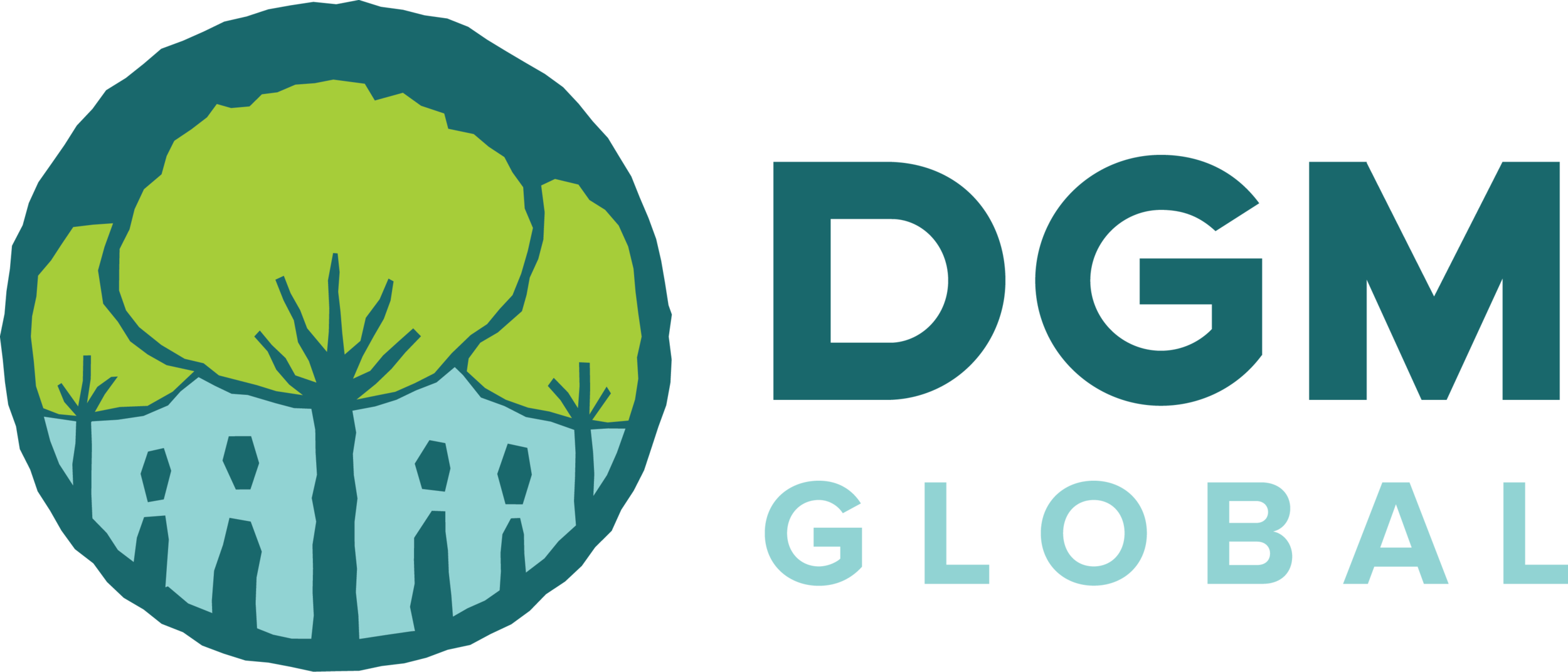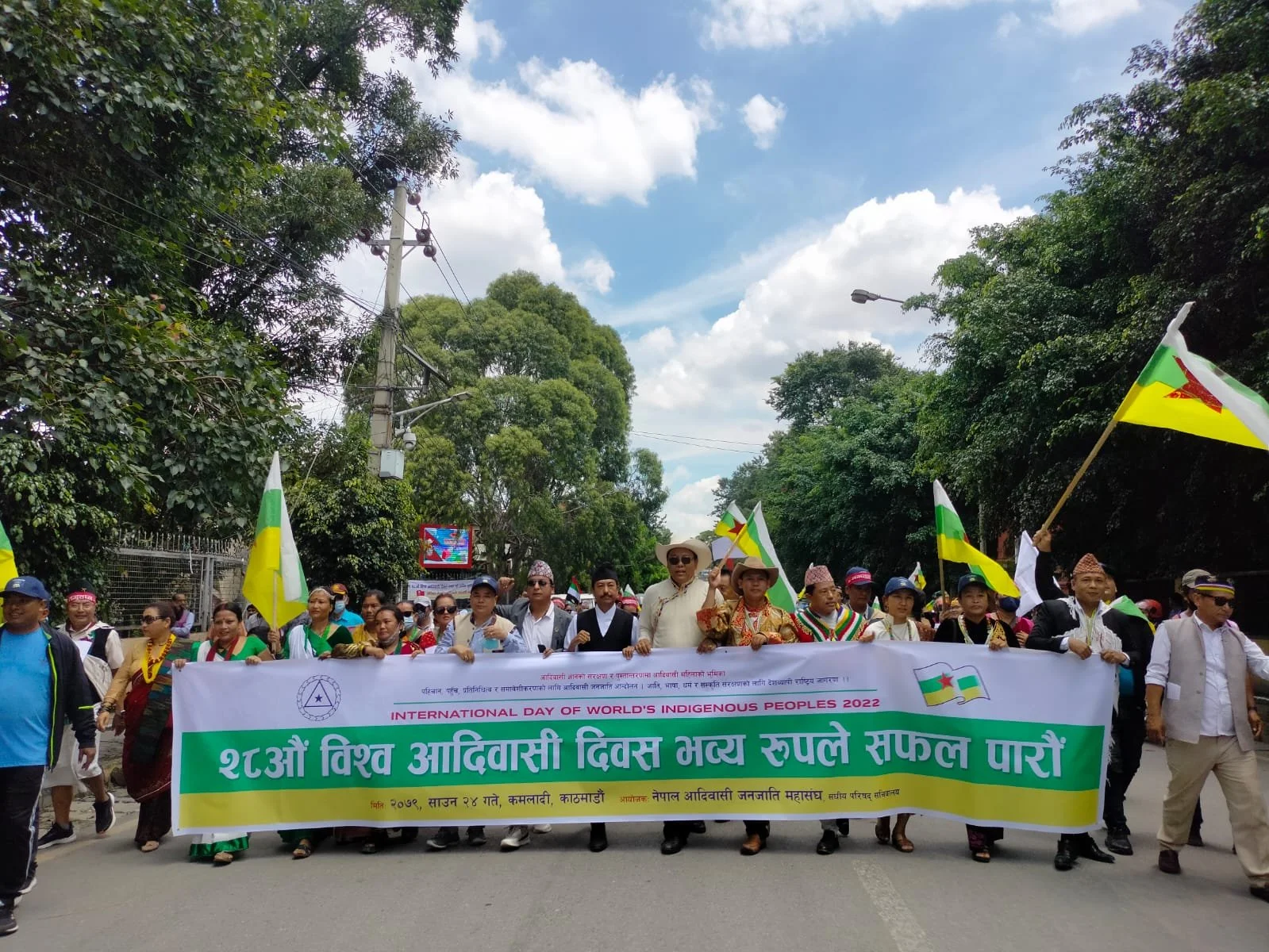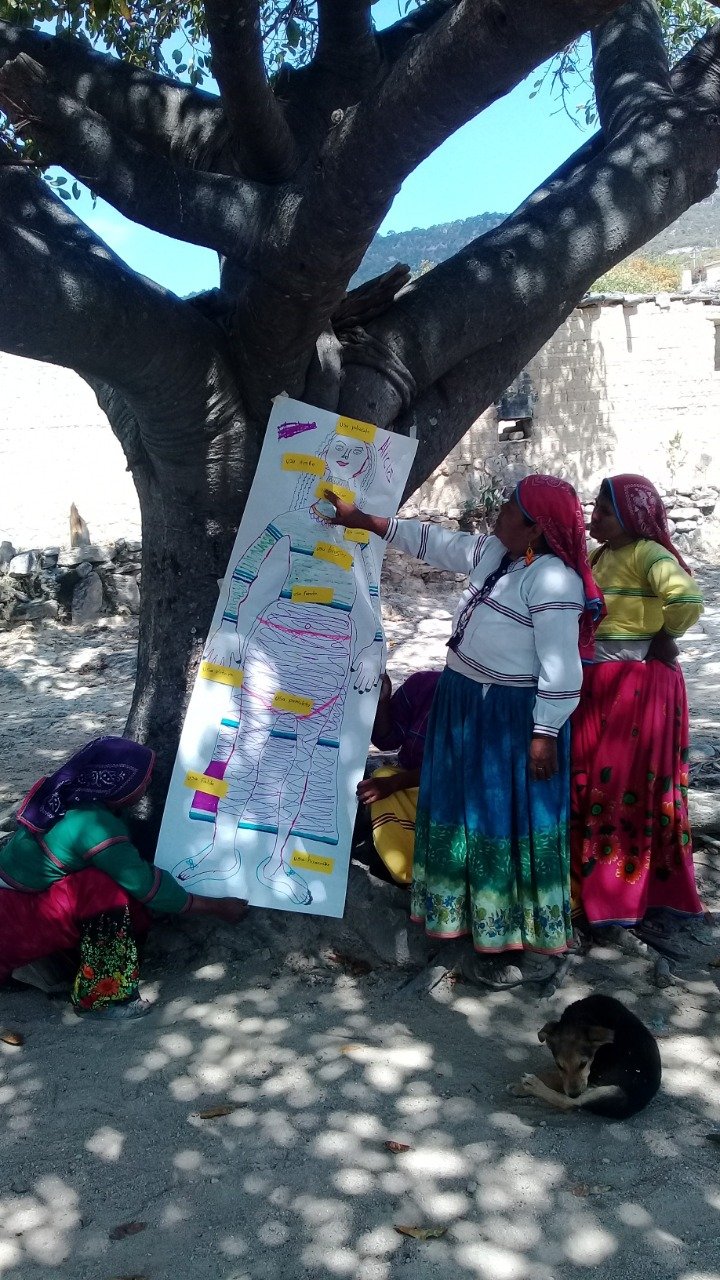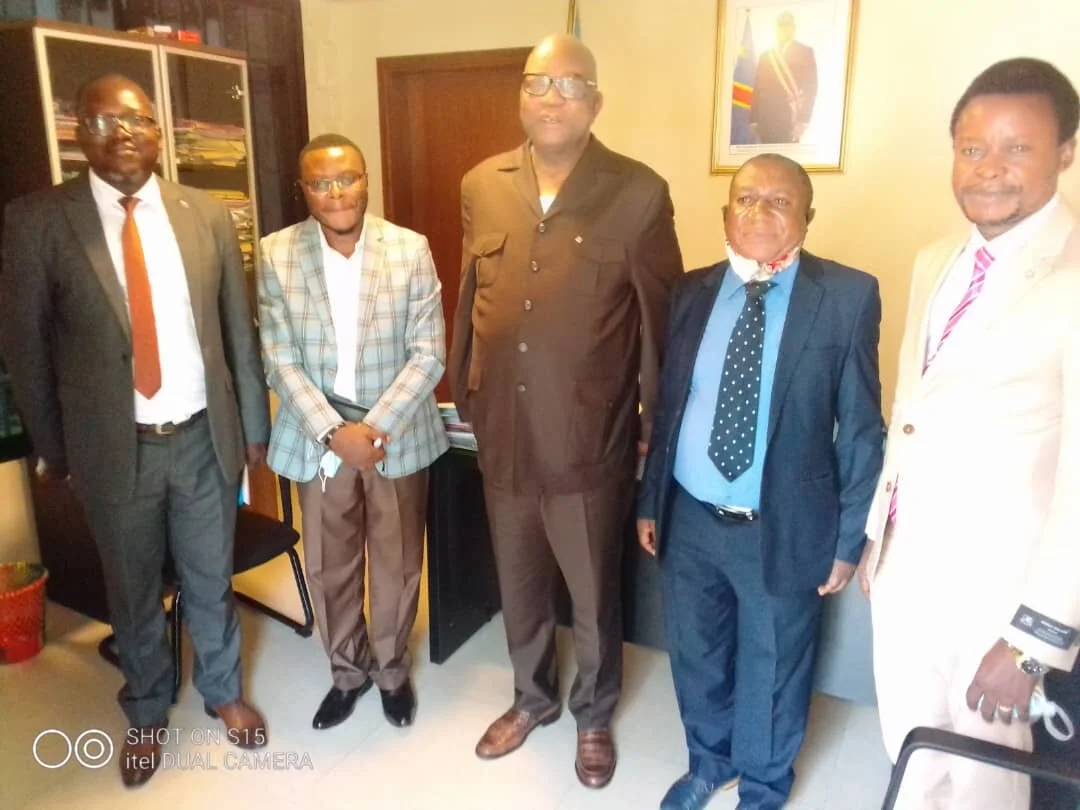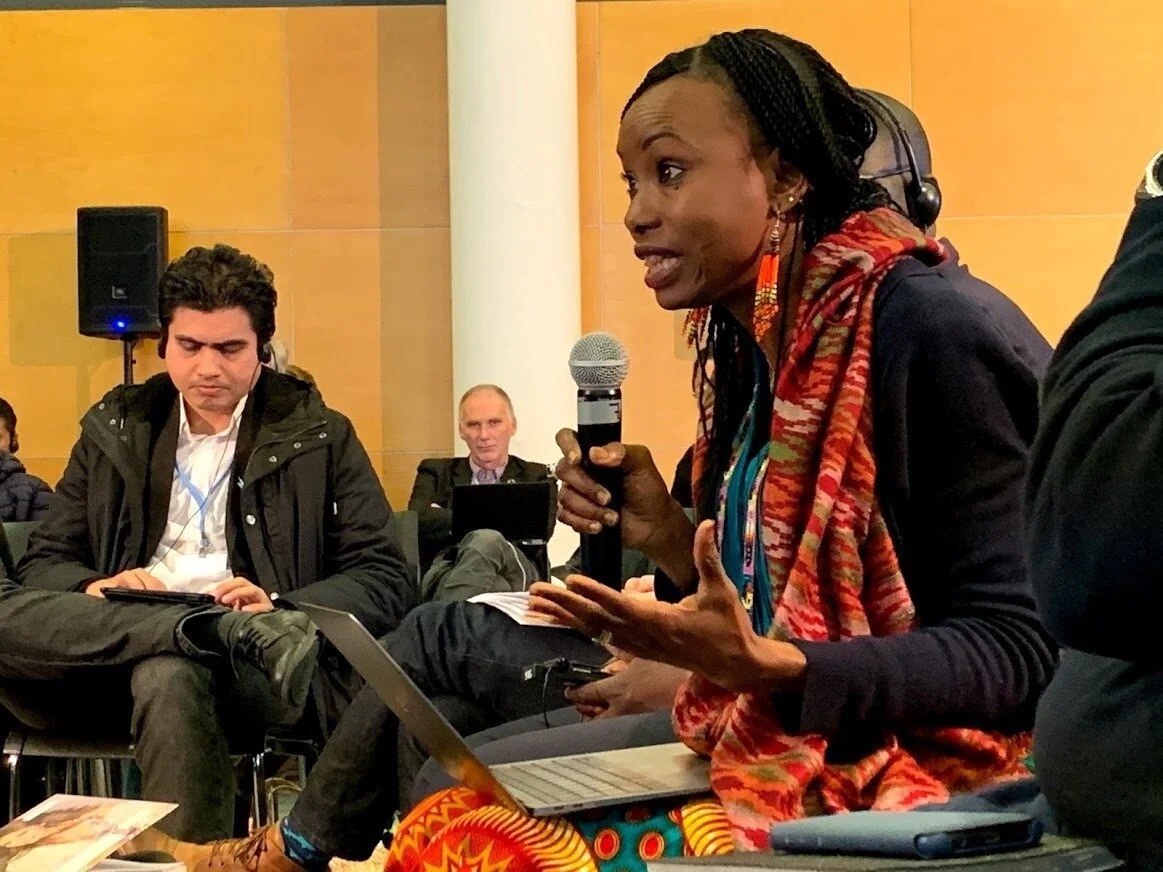Global Project | Knowledge Exchanges | Steering Committee | Accountability | ESF Instruments | Photo Contest Gallery | Photo Contest Winners
DGM Global Project
Global Learning and Knowledge Exchange Project
Program Document | Phase 2 Project Paper (English) (Português) (Español) (Français)
Original Funding: US$ 5.0 million
World Bank Approval: March 2015
Forest Investment Program Approval: June 2015
Implementation: April 2015 - December 2022
Phase 2 Funding: US$ 2.3 million
Allocated: October 2015
Global Steering Committee: List
Global Executing Agency: Conservation International
Climate Investment Funds | DGM Global Phase 1 World Bank | DGM Global Phase 2 World Bank | Facebook | Twitter | YouTube
Objective: Organizing and facilitating knowledge exchange, learning, and capacity building for indigenous peoples and local communities (IPLCs) at regional and global levels, and strengthening the networks and alliances of IPLC organizations within and across regions to enhance their representation and voice in regional and global policy fora
Knowledge Exchange
Each year, DGM Global hosts three regional exchanges and one global exchange for indigenous peoples and local communities from different backgrounds to come together to share knowledge, develop essential skills, and build connections with relevant networks and organizations to enhance their role in climate action and sustainable forest management. In its first two years of exchanges, DGM Global brought together nearly 200 IPLC leaders from 36 countries, representing over 100 relevant networks and organizations.
Policy Engagement
DGM Global also supports the participation and engagement of indigenous peoples and local communities in major international policy fora. Each year, the project’s global exchange has been held immediately prior to the annual Conference of the Parties (COP) of the United Nations Framework Convention on Climate Change (UNFCCC). This is an important opportunity for IPLC voices to be heard, and DGM participants have played an influential role in several negotiations, including those around the UNFCCC Local Communities and Indigenous Peoples Platform.
Program Coordination and Support
Beyond its work directly supporting indigenous peoples and local communities, DGM Global also provides coordination and support for DGM country projects. This includes support for new country projects as they form their National Steering Committees and begin implementation. DGM Global also coordinates monitoring, reporting, and communications with the existing DGM country projects to demonstrate the progress and achievements of the program as a whole.
